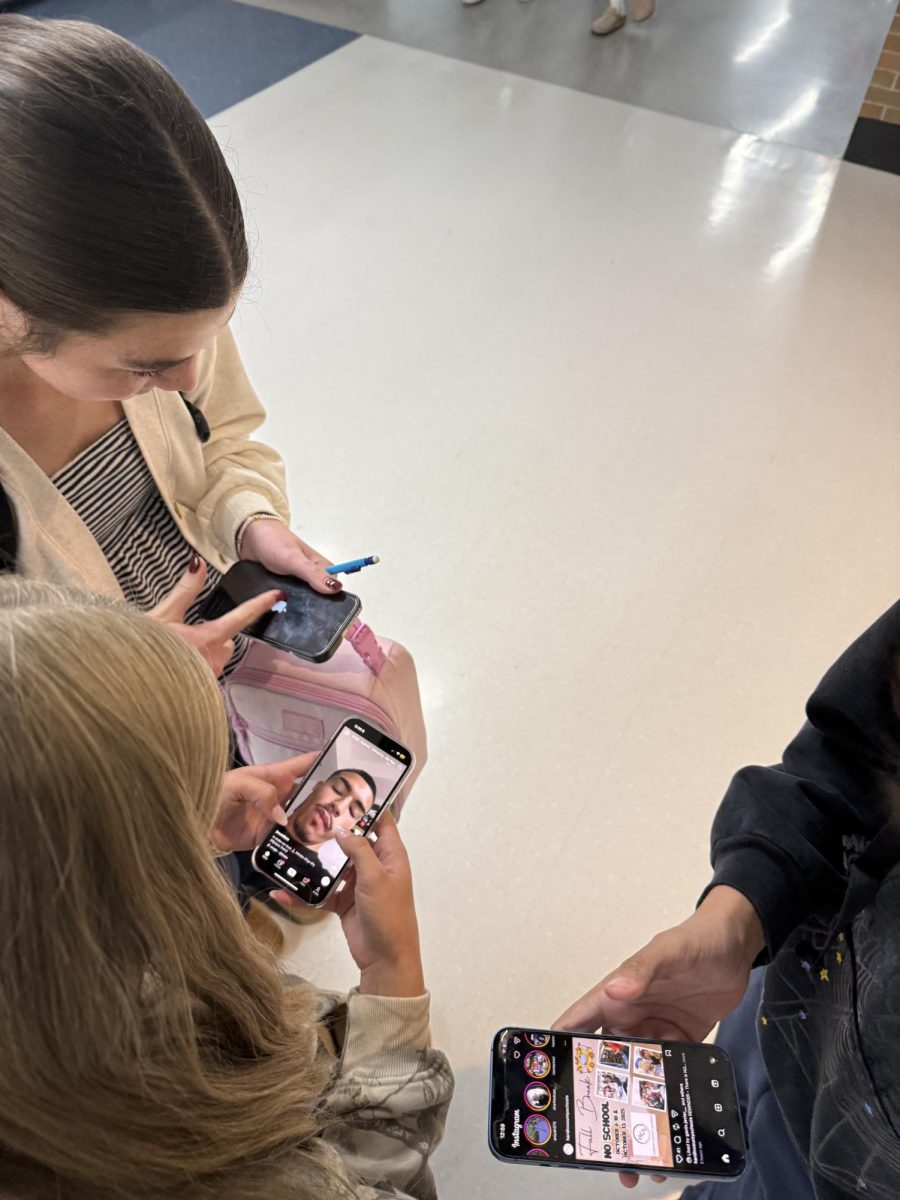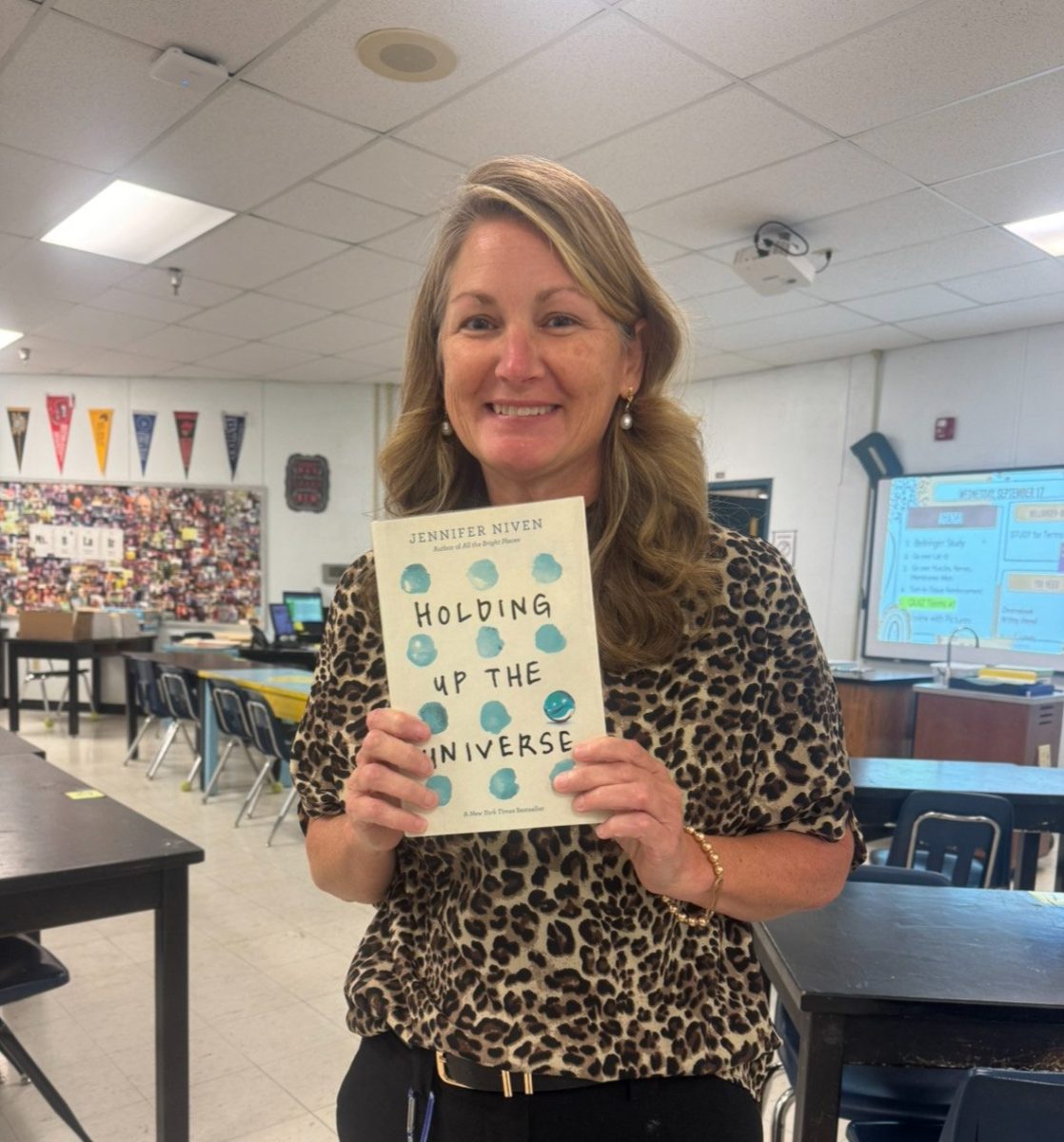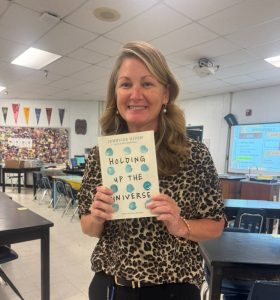Consent Matters: Part Five
A summary of what I learned throughout this journey.
March 18, 2019
When I started this series, the main goal was to talk about how sex and consent education isn’t required in over half of the states in our country. Now, I think I covered my stance on that fact pretty well, but there’s so much more to my viewpoint.
I’m a person who tends to speak before I think, so writing this series has been a learning experience for me. I learned the importance of gathering my own data before making an assumption about a certain group of people, which motivated me to keep searching for data that backed up my opinions. My thoughts and opinions were challenged constantly as I dove straight into the controversy of consent and sex education. At first, I didn’t think that our government did enough to protect victims of sexual assault and abuse and rape. I just assumed that there was yet another flaw in the system that was created to protect its people. After doing my research, I’ve learned that our government has rules put into place that defend rape and sexual assault victims to an extent, but the people who prosecute and defend the victims are the ones who ultimately decide the results of a trial of that matter. For example, a 17 year old’s underwear was used against her in a rape trial in Ireland. The defense lawyer told the jury: “You have to look at the way she was dressed. She was wearing a thong with a lace front.” The fact that a defense lawyer used her power to use a girls underwear against her is sickening, especially since the lawyer was a woman. No matter what a person wears, their clothing should never be to blame for another person’s selfish actions.
As I walk the halls, I hear more and more kids talk about their sexual adventures openly (weird flex but okay) and all of the myths and misunderstandings that come along with them. I think it’s about time that we put on our big girl and big boy pants and get to discussing this more. It’s crucial for us as students and young adults to understand topics such as sex and consent so that we can create a safer, more compassionate society. We can be the example for years to come and set precedents that will change the way people view topics such as these. The more we discuss, the less confusion there will be, hopefully giving color to the vast gray areas surrounding sex and consent
















